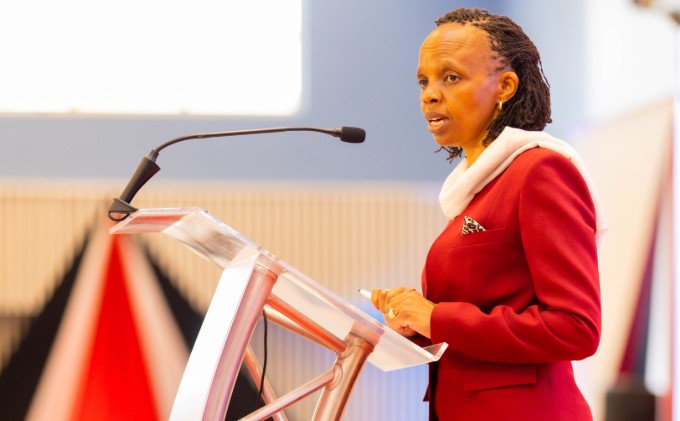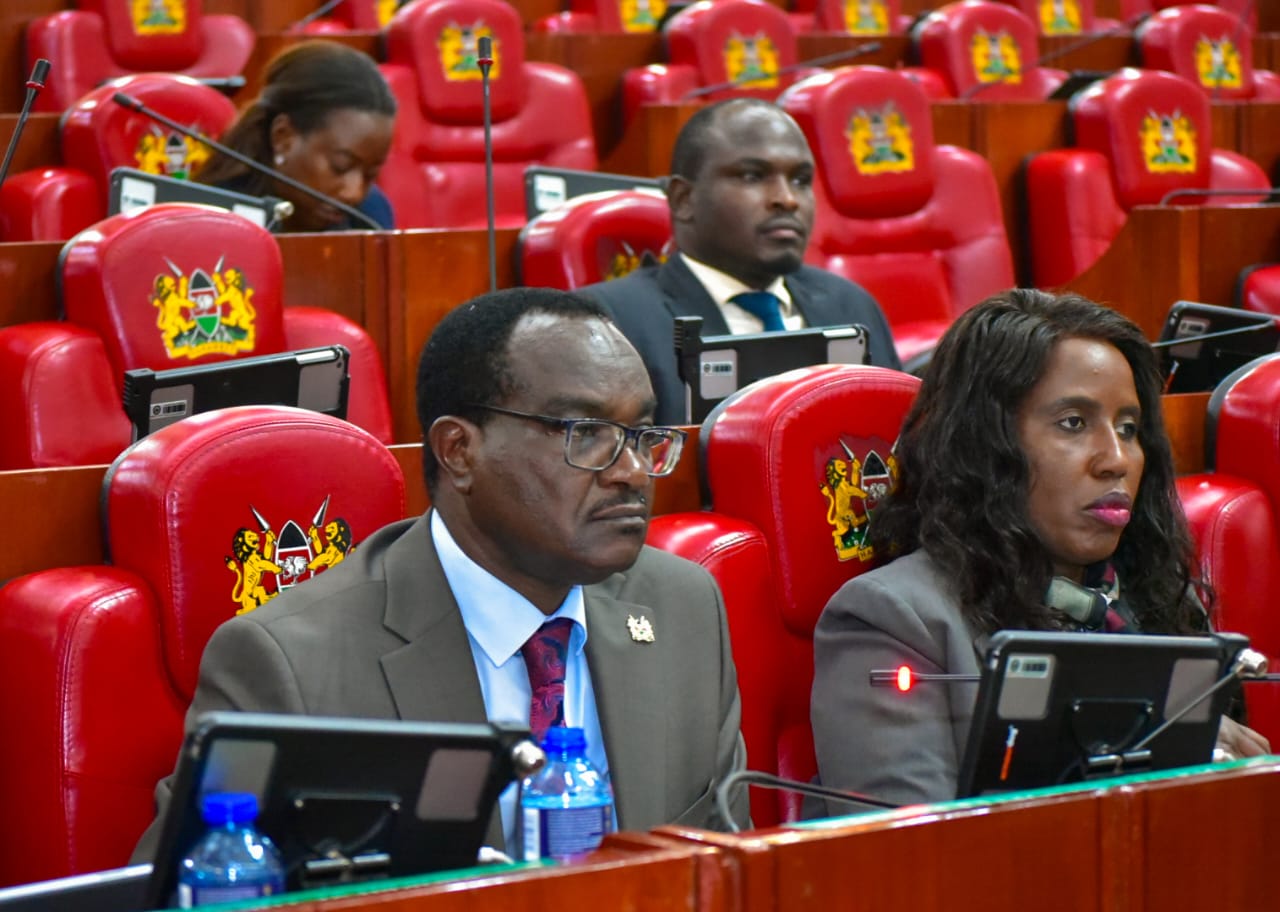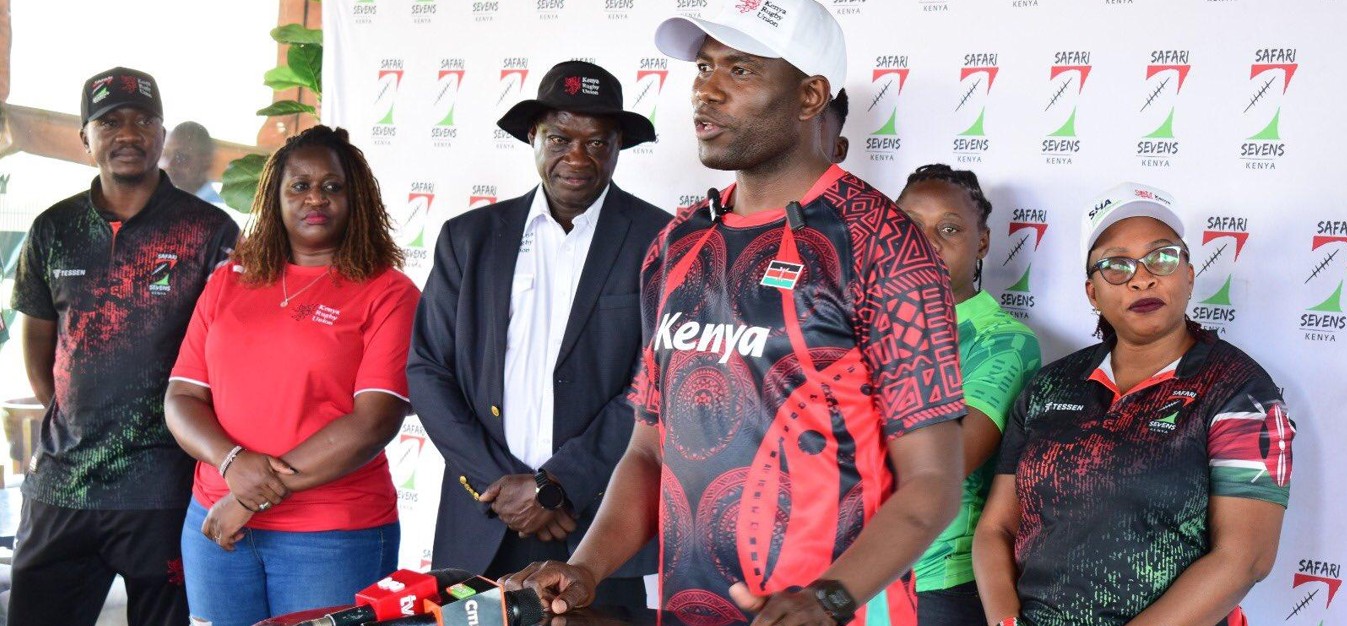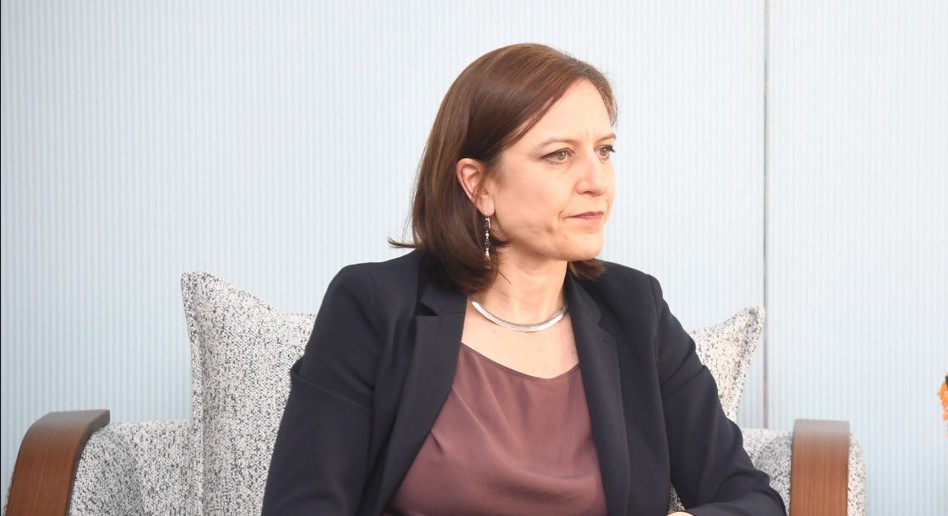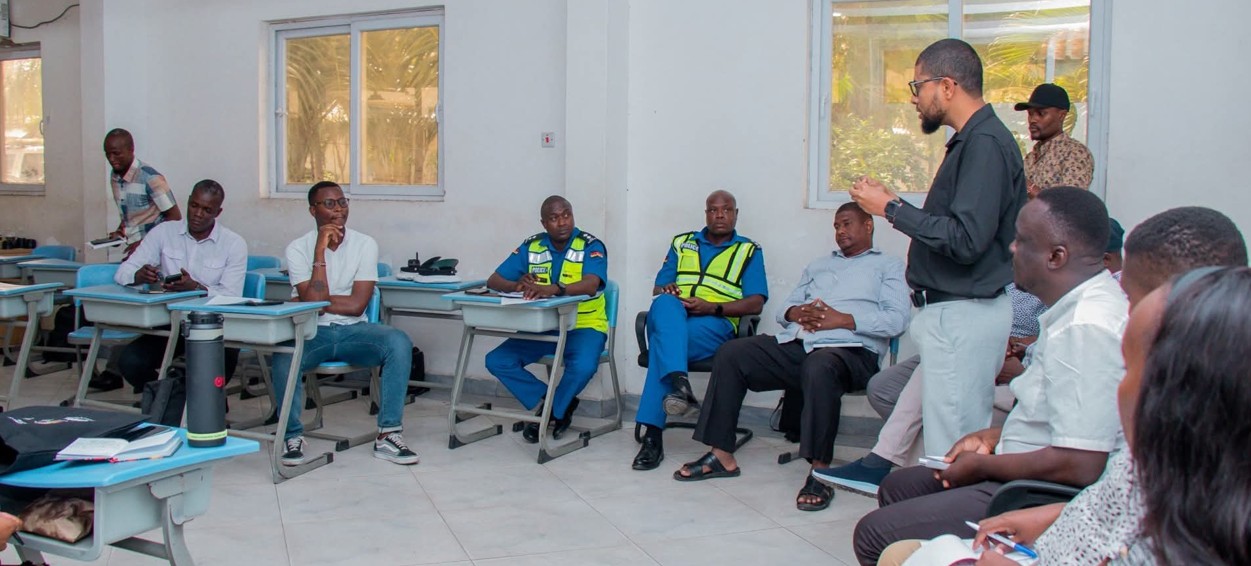State mulls flexible workplace culture as Gen Z pushes beyond suits and traditional norms

Deputy President Kithure Kindiki on Monday observed that the traditional workplace culture marked by formal attire such as suits and ties may soon be obsolete.
The government is toying with the idea of relaxing the stringent workplace rules to accommodate younger generations, such as Generation Z, who are conversant with embracing modern ways of working.
Deputy President Kithure Kindiki on Monday observed that the traditional workplace culture marked by formal attire such as suits and ties may soon be obsolete.
More To Read
- Study finds Gen Zs face tougher job market than their predecessors
- Defenders Coalition unveils Mtetezi App for monitoring of rights abuses
- New book on connecting with Gen Z offers insightful lessons
- How Gen-Z protests forced National Treasury to cut Sh52 billion from budget
- From protests to the office: How Gen Z is reshaping Kenya’s work culture and social norms
- 'Gen Z is the now': US preacher Rickey Bolden urges Kenyan leaders to listen to youth
He explained that the younger generation is increasingly demanding flexibility and modern approaches to work.
While speaking at the opening of the Africa Employers Summit 2025, Kindiki noted that today’s youth are reshaping the employment landscape, pushing for work environments that prioritise results over rigid dress codes and traditional norms.
“The era of ties and suit-wearing workers could be coming to an end,” said the Deputy President. “The message is that you do not need to be in a suit and tie to be productive.”
Shift in workplace culture
The Deputy President explained that this shift in workplace culture reflects broader demographic and economic trends across Africa.
Africa, he noted, has the world’s youngest and fastest-growing population, with an estimated 400 million people aged between 15 and 35—a number projected to soar to 1 billion by 2063.
While he described Africa’s youth as a “tremendous asset,” Kindiki also acknowledged the immense challenges they present, particularly in the form of job creation.
Digital platforms
He, however, warned that the lack of sufficient employment and income opportunities has already sparked unrest in some countries and is contributing to the misuse of digital platforms.
“Some of them turn to social media platforms not for e-commerce or job opportunities, but to spread hate messages,” he remarked.
The Africa Employers’ Summit 2025, taking place from September 8–9 at the Emara Ole Sereni Hotel in Nairobi, is a high-level continental forum convening government officials, business leaders, employer organisations, and international institutions.
The Gen Zs with the digital emancipation have been able to control the public discourse and oftentimes set the national agenda. At workplaces, they are defining the new work culture and ethics in a move that breaks away from the traditional past.
Gen Z is increasingly shunning traditional after-hours social events in favour of in-work activities focused on wellbeing, meaningful collaboration and inclusivity.
Companies that adapt to these changes by offering inclusive, flexible, and authentic social opportunities will create a more engaged and satisfied workforce. As Gen Z continues to enter the workforce, their values and expectations will shape the future of workplace socialisation, alongside broader workplace practices and cultures.
Generation Z, born between 1997 and 2012, is increasingly distancing itself from traditional after-work social events with colleagues. Alongside some younger millennials, they prioritise clear boundaries between their work and personal lives. Various media reports reflect this sentiment.
Several studies support the notion that Gen Z's preferences are linked to changing attitudes toward well-being.
Deloitte's 2020 Global Millennial Survey found that Gen Z and millennials prioritise work-life balance, mental health, and authenticity — values that directly influence their participation in workplace social events.
The Workforce Institute at UKG notes that Gen Z expects more personalised and meaningful experiences at work and may avoid traditional gatherings they perceive as inauthentic.
Research from McKinsey further highlights Gen Z's preference for social interactions that align with their values.
While not all younger employees seek friendships at work, collaboration and teamwork remain essential to them. As a result, they will continue to seek more purposeful and inclusive ways to engage with their colleagues, free from the pressures of traditional social events.
Top Stories Today


